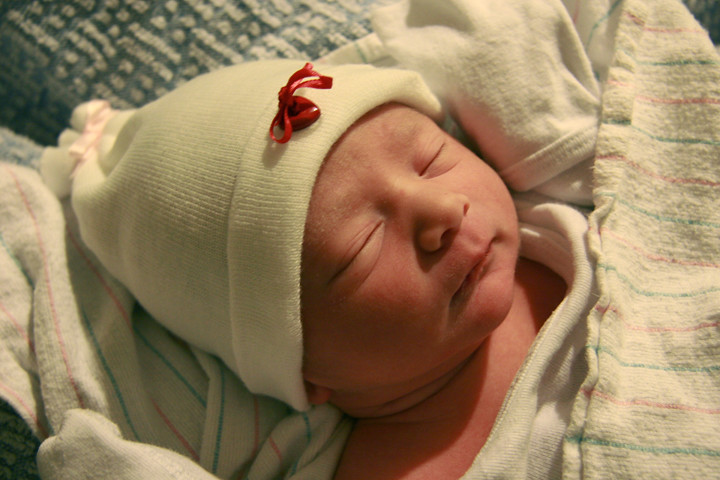When your baby hiccups, you might feel panicked, right? I was so panicked that several methods that were said to be effective were often used, starting by startling the baby, sticking a wet tissue or cloth on his head, to giving him more breast milk. Are these methods true?
Hiccups are a condition that is quite common in babies, from newborns to when they are 1 year old. Hiccups can occur when a baby eats too much or too fast, triggering rapid contraction of the diaphragm and closure of the baby’s vocal cords.
Well, contractions of the diaphragm can be triggered by various things, starting from swallowing too much when drinking from a milk bottle, eating or drinking too fast, eating or drinking too much, to drastic temperature changes in the stomach, for example, a baby who has just drunk cold milk. and immediately given hot food.
How to Deal with Baby Hiccups
It’s natural for mothers to panic when their baby has hiccups because this can make the baby uncomfortable and fussy. However, hiccups will stop by themselves, especially if treated in the right way. Some things you can do when your baby hiccups are:
- Stop giving milk or food for a moment.
- Hold your little one in an upright position for approximately 20 minutes, then shake his body slowly, or rub his back gently. That way, the air can rise, the pressure on the diaphragm is reduced, and he can burp.
- To prevent your baby from swallowing too much air, try to tilt the bottle at a 45° angle when breastfeeding so that the air in the bottle rises to the bottom of the bottle.
- Breastfeed your little one slowly or a little but often.
- When eating, keep your little one’s lap in an upright position to prevent or reduce the amount of air entering the stomach.
Beware of Persistent Hiccups
Mothers need to pay attention, hiccups experienced by babies normally only last about 10 minutes. So, if hiccups occur continuously, this could be a sign that the baby is experiencing gastroesophageal reflux or stomach acid reflux, which is a condition when stomach acid rises into the esophagus.
Apart from hiccups, babies who experience stomach acid reflux can also experience several other symptoms, such as:
- Fussy and often cries
- Vomit
- Moves a lot or often arches the back excessively after and during eating
- Spit or drool comes out more often than usual
- The saliva is greenish or yellowish
- Difficulty breathing or coughing
If you find these signs, immediately take your little one to the doctor for treatment. This is also done to prevent the risk of more serious conditions occurring in the baby. Your little one also needs to be seen by a doctor if he hiccups too often.






